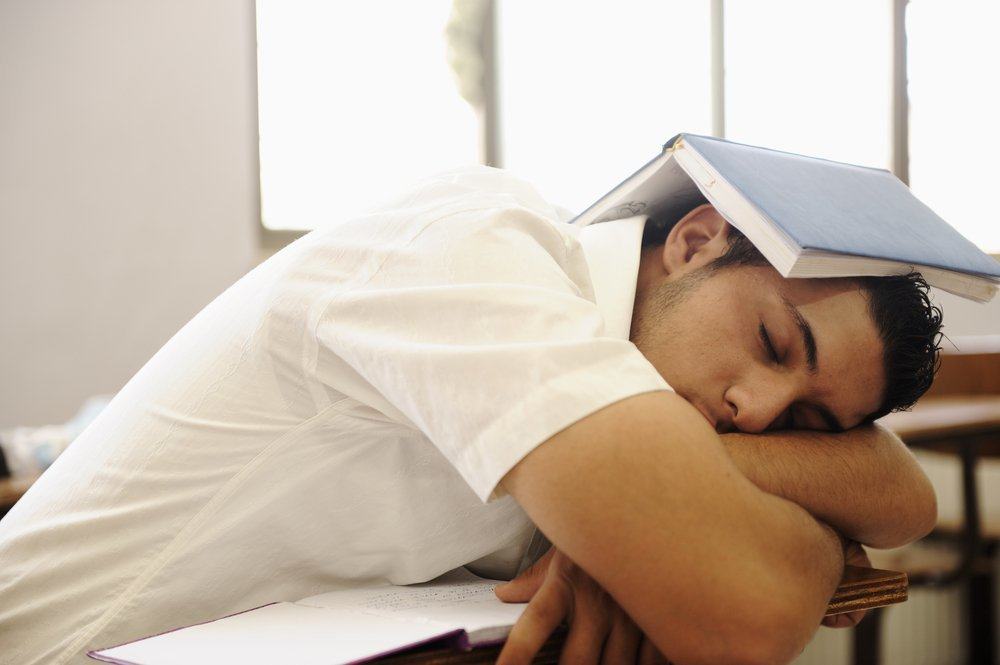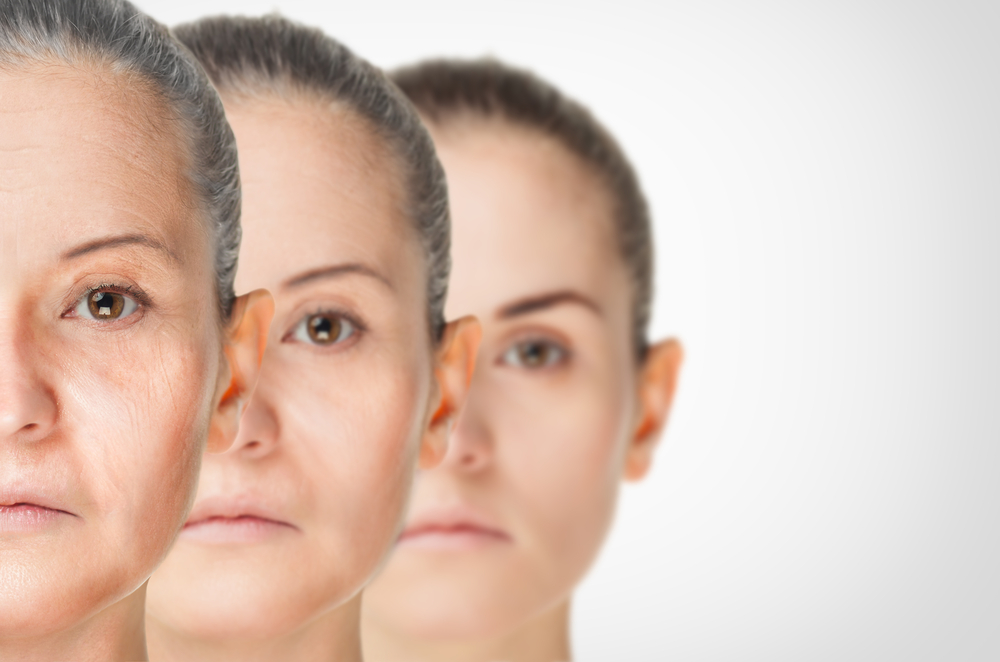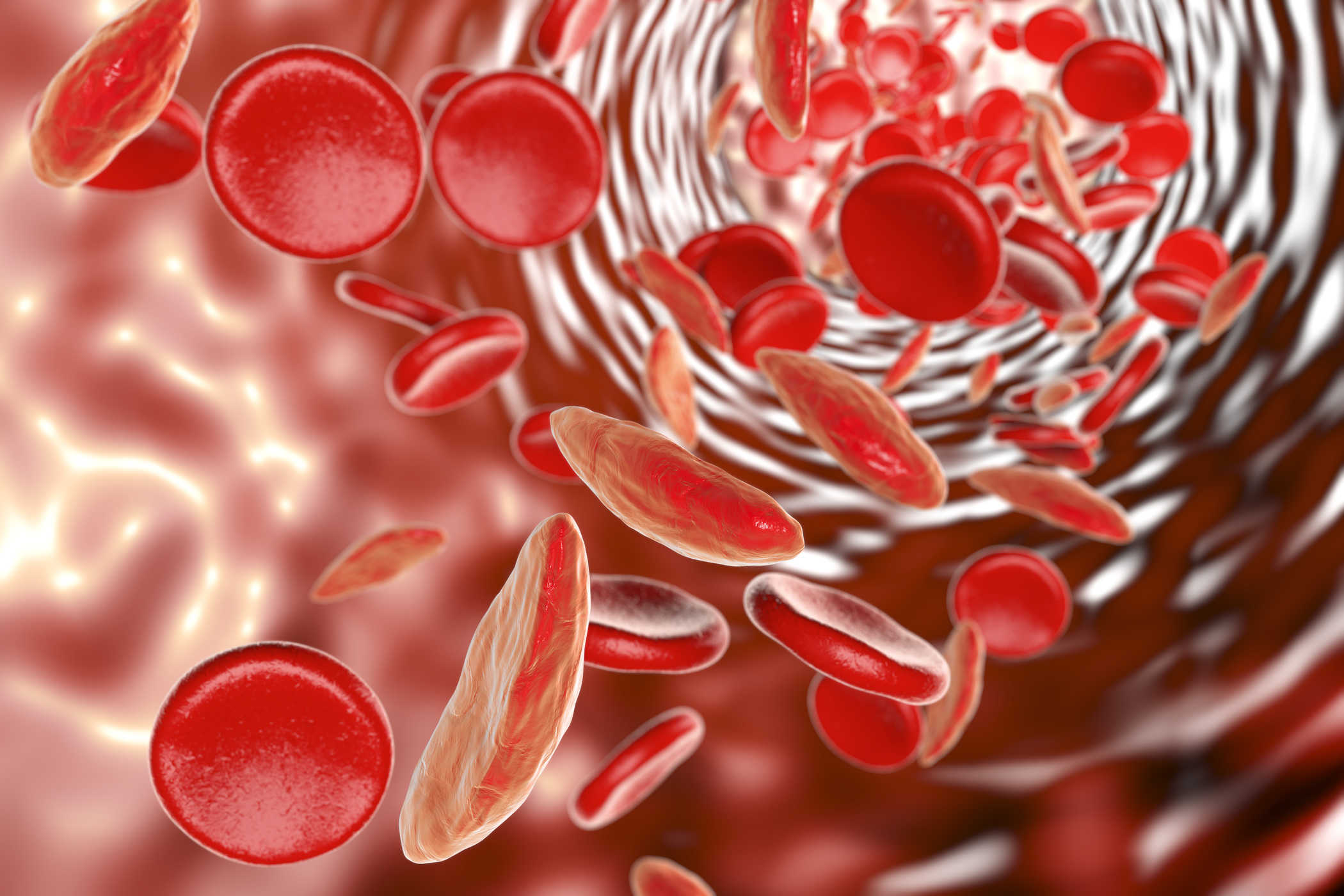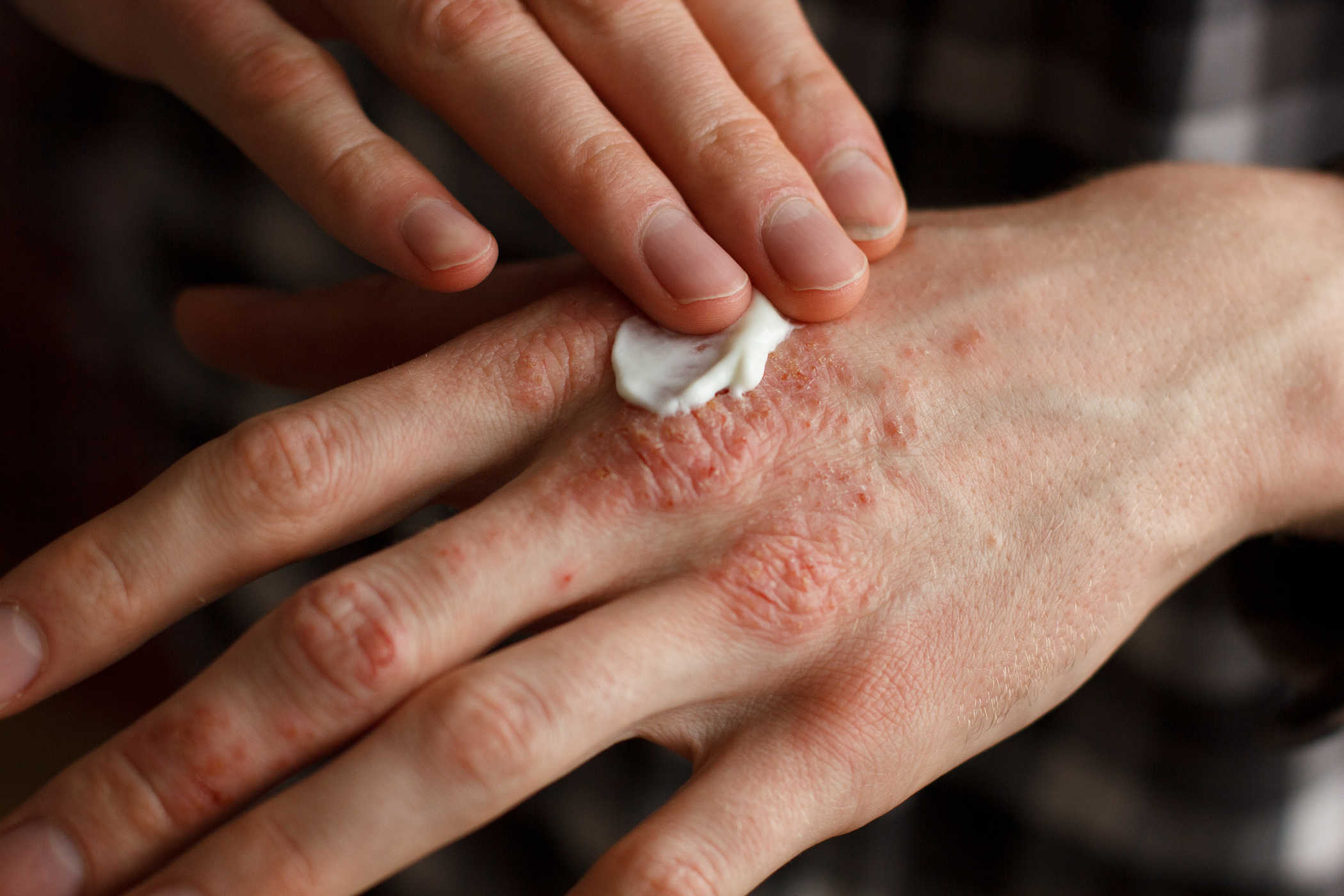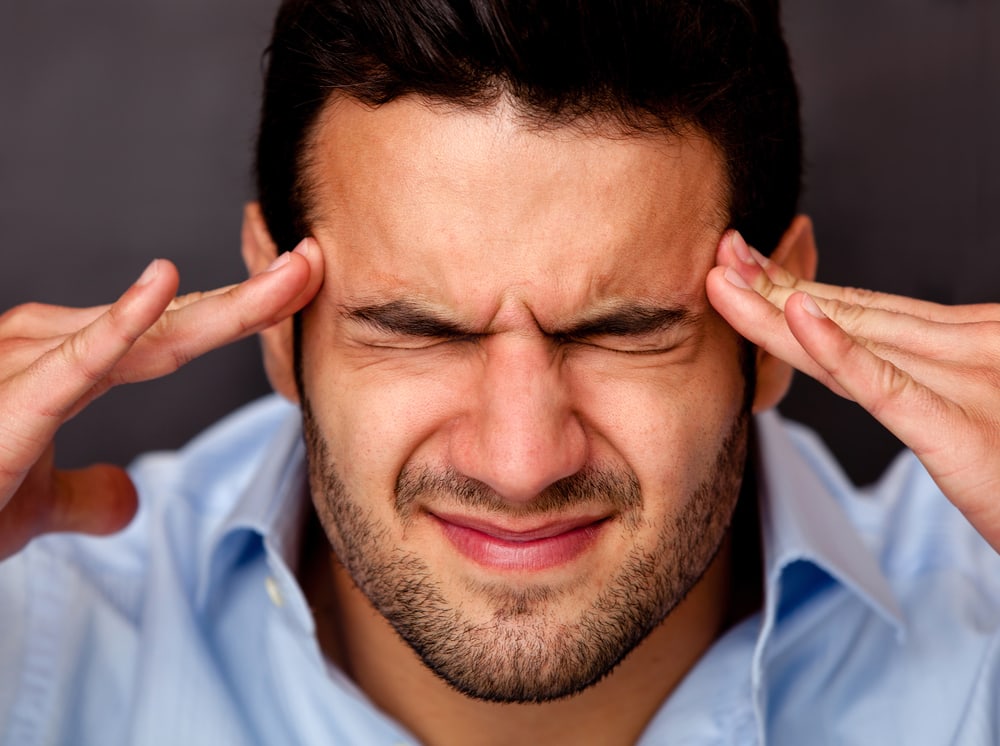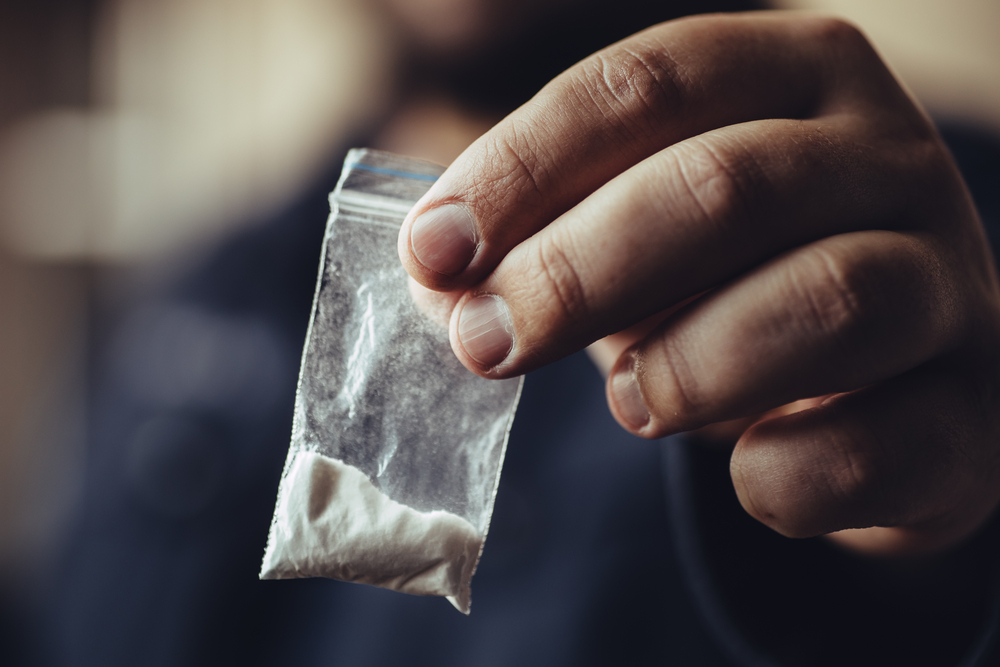Contents:
Medical Video: Science Explains How Much Sleep You Need Depending on Your Age
Between the crush of school problems, social pressure, sports, friends, and hormones, teens must fight with themselves to balance all this. Plus, research shows that sleep deprivation will adversely affect the physical and mental health of adolescents.
Why do teenagers like to stay up late?
Many factors play a role in reducing the length of time a teenager sleeps. Teenagers may want (or feel they need) to go to bed late because they are preoccupied with piles of schoolwork and their extracurricular activities, until school hours are too early. Or, they prefer to stay up late at night to chat with friends orupdate Facebook so as not to lose the latest info.
But, if your teen wants to stay up late, there may be a biological reason behind it. The body's internal clock, called circadian rhythm, in children may shift slightly as they go through puberty, said Judith Owens, MD, MPH, director of the Pediatric Sleep Disorders Center at the Boston Children's Hospital, reported by WebMD. The brain of a teenager does not start producing melatonin, a hormone that helps us fall asleep, until late at night. In addition, adolescents have the urge to sleep more slowly than younger children, which means they can stay awake longer, even when they lack sleep. "It would be more difficult for them to fall asleep naturally under 11 o'clock at night," Owens said.
Teenagers may feel compelled to do things that can keep them awake just because they will fall asleep if they don't do it. So, it is common to see them sip a cup of two cups of coffee, surf for hours, tidy up a school assignment after the other as a way to keep their eyes wide open and alert to resisting faster sleep.
What are the consequences if teenagers lack sleep?
Sleep deprivation can adversely affect the mind and body at every stage of life, from early childhood to mature adults. But for teenagers, who are at a critical stage of development, skipping sleep can be very dangerous. Over time, this pattern of "going to bed late, waking up early in the morning" can cause a number of health risks. Here are some of the physical and mental health risks associated with sleep deprivation during adolescence that must be considered by both parents and teenagers themselves.
1. Mental disorders
A study in the Journal of Youth and Adolescence in 2015, reported by the Huffington Post, found that every one hour of sleep lost was associated with a 38 percent increased risk of feeling sad or discouraged, and an increase of 58 percent in suicide attempts. Teens who sleep an average of six hours per night are also three times more likely to suffer from depression.
2. Learning and behavioral problems
Teenagers generally go to bed after eleven o'clock at night, and those who tend to display worse performance at school and experience greater emotional distress. Teenagers who lack sleep are also more likely to be careless, impulsive, hyperactive, and opposed, so it's no longer new news that teens who don't get enough sleep don't stand out in the academic and behavioral fields. Why? Sleep supports a brain process that is very important for learning, memory, and emotional regulation. At night, the brain reviews and strengthens information obtained during the whole day, making the information they get when in class that day easier to remember later.
3. Often sick
Sleep deprivation has been linked to the risk of high cholesterol, obesity, and depression in the future. The latest study, reported from The Guardian, found that short-term effects, such as colds, flu, and indigestion, more often occur when teens have a sleep duration of less than seven hours.
4. Drug abuse and addictive substances
The relationship between sleep deprivation and the tendency of substance abuse in adolescents to work both ways. Sleep deprivation increases the risk of dependence on anti-anxiety drugs and sleep support, and in turn, the effects of drug abuse trigger children to become more anxious and have difficulty sleeping.
One study found that for every 10 minutes longer teens were awake at night, there was a 6 percent increase in the chance they consumed alcohol or marijuana in the past month, while other studies showed that the issue of sleep deprivation was associated with drinking, drinking and driving, and risky sexual behavior.
How long do teenagers have to sleep at night?
On average, teens spend as much as 7 and 7 ¼ hours to sleep. Though, countless studies show that they need 9-9 ½ hours of sleep a night, or at least 8 hours of sleep a night. Studies show that most teenagers need to be exactly 9 9 hours of sleep.
"Some teens need 10 hours of deep sleep, especially those who are very busy and physically active throughout the day," said Cora Breuner, MD, chair of the Adolescence Committee for the American Academy of Pediatrics.
Tips and tricks to help your teen get enough sleep
Sleep problems are common in adolescents, with several studies showing up to three-quarters of adolescents experiencing this condition. It is very common for adolescents when they reach puberty to develop a delay in the sleep phase at their normal circadian rhythms so that they fall asleep late at night and wake up later in the morning. Melatonin levels are also minimal early in the night, which makes it difficult for them to go to sleep - but sleeping until noon on weekends creates an experience similar to jet lag after a long flight due to a shift in the circadian rhythm.
This normal sleep disorder, combined with the tendency of adolescents to stay up late at night whatever the reason, can make them feel tired, irritable, impatient, and depressed.
All of this shows that helping your teen to get enough sleep is a good idea. But how?
- Maintain a regular sleep schedule. Teenagers must go to bed and wake up early at the same time every day. His sleep schedule must also ensure he gets enough sleep
- Avoid sleeping too long on weekends. Even though replacing lost hours of sleep during school days on weekends can help, sleeping until late afternoon on Sunday will make it difficult for children to return to their "school ready" soul tomorrow
- Siesta. 15-20 minutes of napping can be beneficial for your child's body to get enough rest
- Turn off the television, computer and radio. Watching television, playing games, the internet, and other stimulating activities at bedtime will cause trouble sleeping. At night, light from this screen can interfere with brain melatonin production
- Avoid caffeine, cigarettes, alcohol, and drugs. All of this causes sleep problems
- Call the doctor. Consult your pediatrician if he has difficulty falling asleep, snoring, or looking overly sleepy (or often sleeping in class) during the day
Negotiating the time limit spent playing gadgets with teenagers is never easy, so is asking them to go to bed early. But you should still try.
READ ALSO:
- Effective Ways to Alarm Without Disrupting Health
- 15 Surprising Causes That Make You Insomnia
- Short Sleeper Phenomenon: Sleeping for a moment but can be fresh fit

